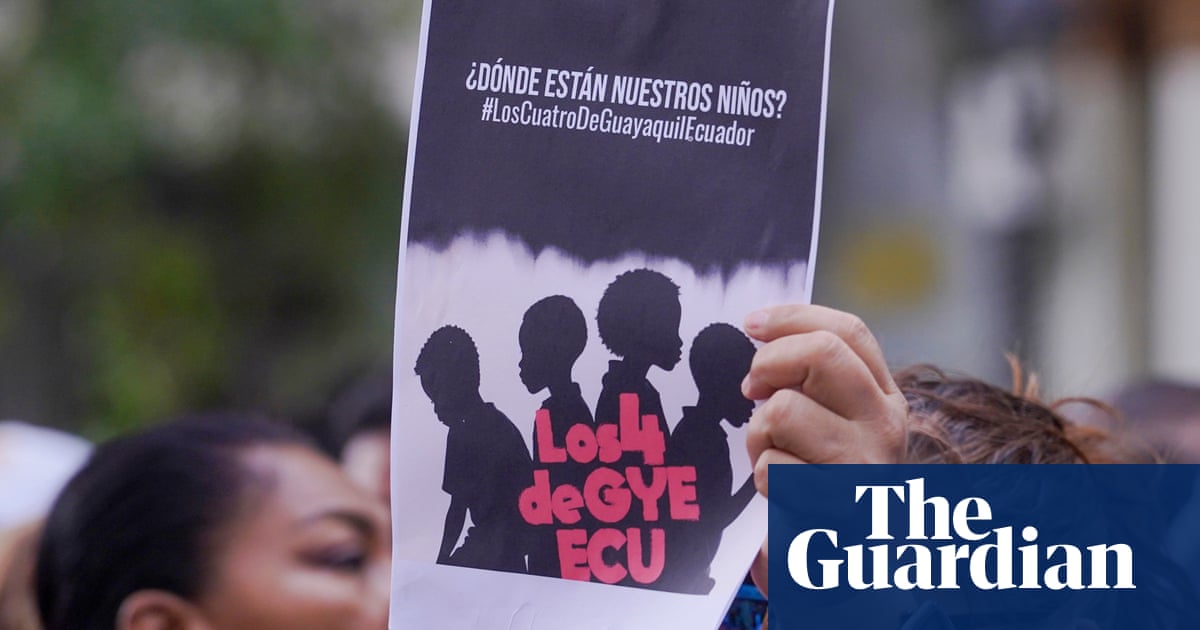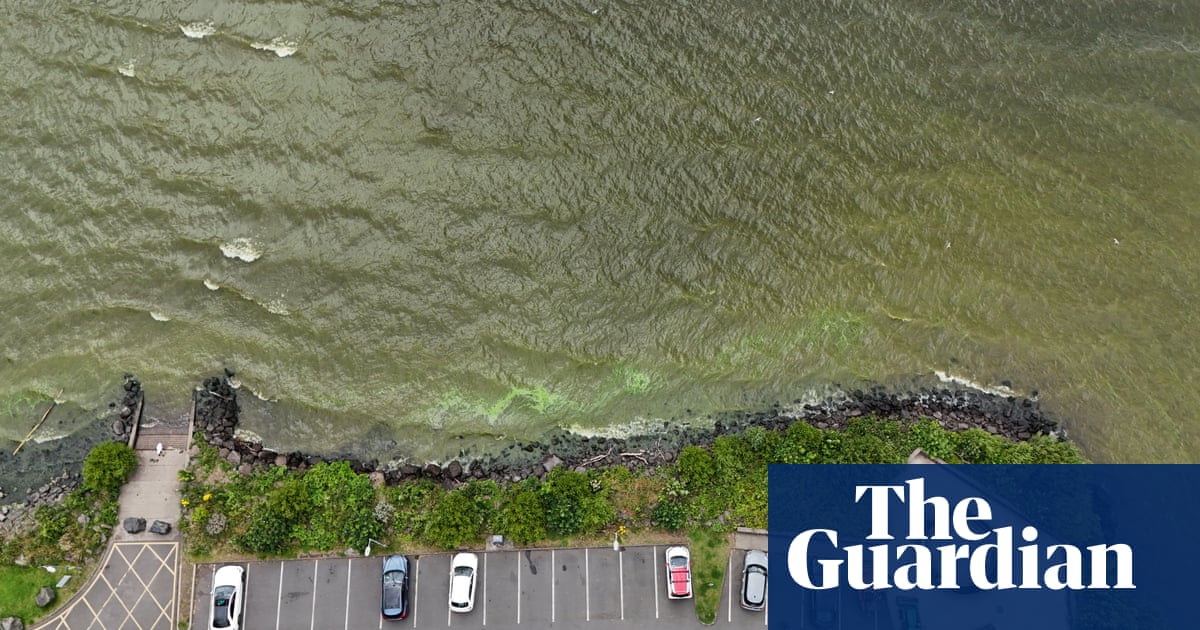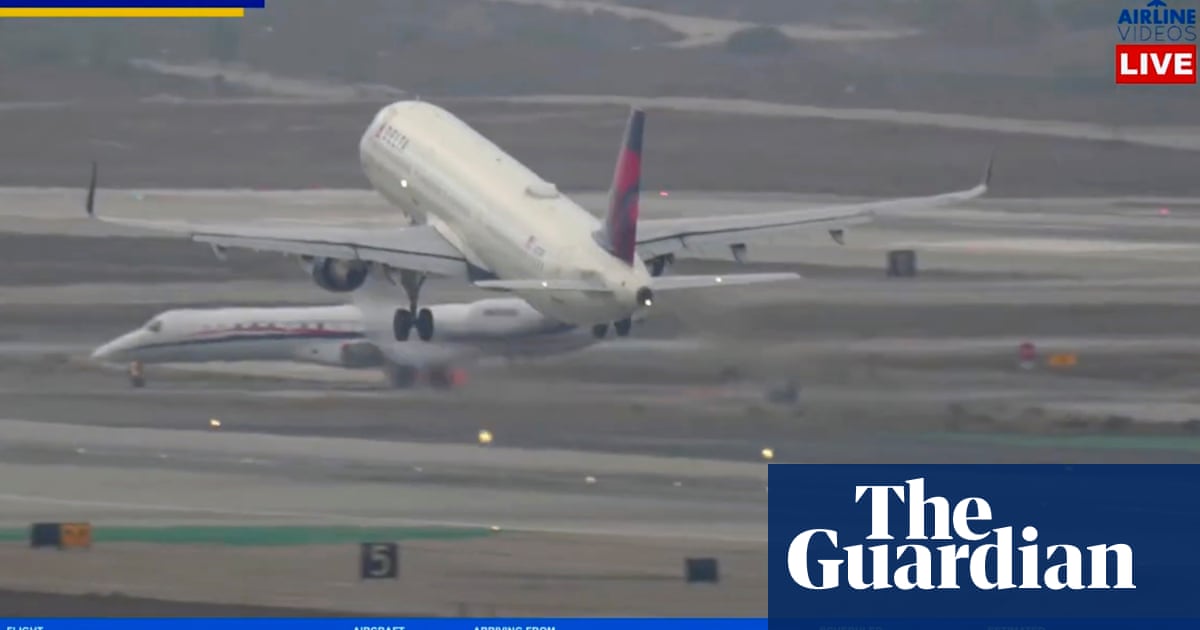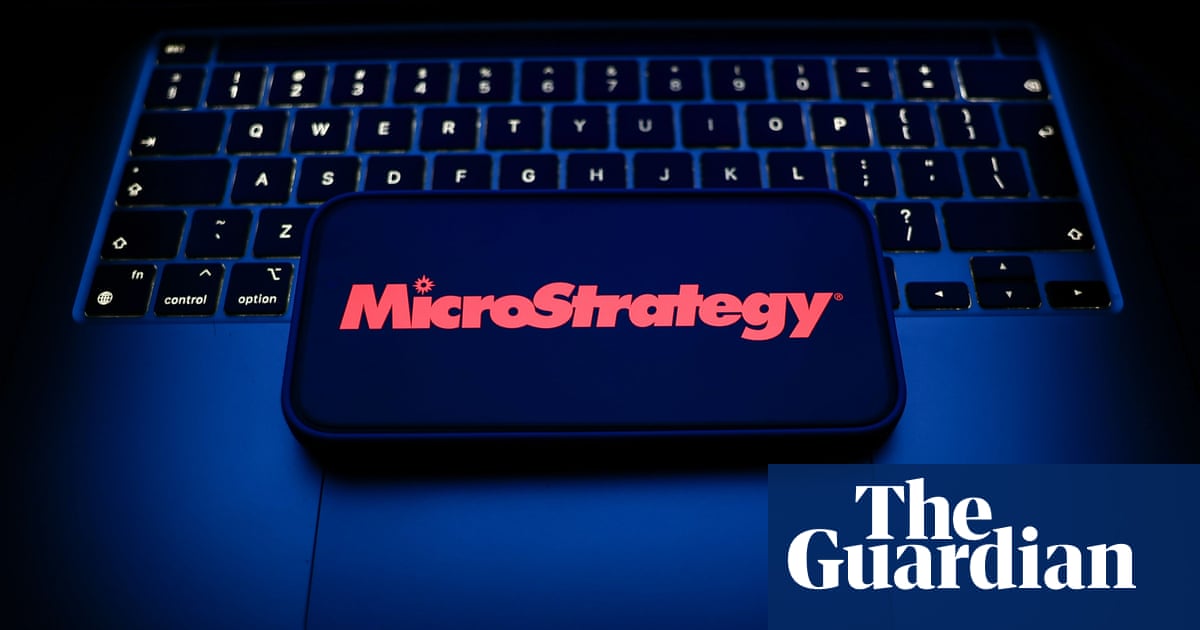The far-right leader Tommy Robinson has been charged under the Terrorism Act and is being held in custody before a planned march of his supporters amid fears of a repeat of violence that erupted when he was imprisoned in 2018.
Robinson, whose real name is Stephen Yaxley-Lennon, handed himself on Friday afternoon in to Folkestone police station where he was charged with failing to provide the PIN to his mobile phone under Schedule 7 of the Terrorism Act. He was bailed to appear in court next month, Kent police said. He was then remanded in custody under a high court direction, the force said.
In July Robinson allegedly refused to give police access to his mobile phone when he was stopped under the Terrorism Act at the Channel tunnel. He had been bailed subject to returning to Folkestone police station.

He is also due to appear at Woolwich crown court on Monday on separate charges of contempt of court for repeating libellous allegations against a Syrian refugee. Robinson’s supporters, who now control his X account, told his 1 million followers on the platform that he is being held on remand until Monday’s court appearance.
The Metropolitan police has said it expects a “busy day” on Saturday as Robinson’s supporters plan to march from Victoria to Whitehall under the banner “Uniting the Kingdom”, while a counter Stand Up to Racism protest is also planned. In addition the United Friends and Families Campaign is planning a protest in Trafalgar Square against the acquittal this week of the firearms officer who shot dead Chris Kaba.
The anti-fascist campaign Hope Not Hate, predicted the planned far-right demonstration on Saturday will morph into a protest demanding Robinson’s freedom. It also fears a repeat of June 2018 when five police officers were injured during clashes with Robinson’s supporters.
Speaking at a briefing before Robinson’s charge had been confirmed Joe Mulhall, its director of research, said: “If we look at what happened in 2018 when he was previously imprisoned it actually galvanised the Free Tommy movement, which saw the largest demonstrations we’d seen in a very long time outside parliament. And they were very, very angry and confrontational. There were scenes of people throwing bottles at Downing Street and the like. I think Lennon is anticipating that will happen again. His whole thing is that he’s a martyr going down for free speech.”
Before arriving at Folkestone police station in a black Nissan Elgrand, Robinson was asked on X by a journalist about the claim that he expected to be regarded as a free speech martyr. Robinson responded by posting a screengrab of the questions and calling the journalist a “fake news wanker” and adding: “Write whatever you want no 1 gives a fuck any more. We are the media.”
Hope Not Hate said it expected the demonstration to be larger than a demonstration of Robinson’s supports in July when about 30,000 people gathered to protest against immigration.
Nick Lowles, its chief executive, said: “I think it’s going to be a lot angrier, regardless of whether Lennon is there or not. This one is very much aimed at the prime minister, the police, and this sense of injustice around the riots. My understanding is the police are quite concerned about the public order element.
“The chatter in the football hooligan WhatsApp groups is that they are coming in quite big numbers. And given that many of the people who will be there have a kind of liking for violence or disorder, I can understand why the police are worried.”
The Met said there would be “significant policing presence” in central London on Saturday to ensure the two rival demonstrations are kept apart. It has also imposed conditions under the Public Order Act about timings and locations of the rival demonstrations “to prevent serious disruption or disorder”.
Deputy assistant commissioner Rachel Williams, who is leading the operation, said: “We are well prepared for what is set to be a busy day in the centre of London.
“Our role is to ensure that those attending the various events can do so safely and that they can exercise their right to lawful protest. We will have significant resources in place to respond to any incidents, to deal decisively with any offences, and to keep disruption to other members of the public and businesses to a minimum.
“We know that when groups with opposing views come together it can lead to conflict and disorder and a key part of our role is ensuring that does not happen.”

.png) 2 months ago
32
2 months ago
32













































